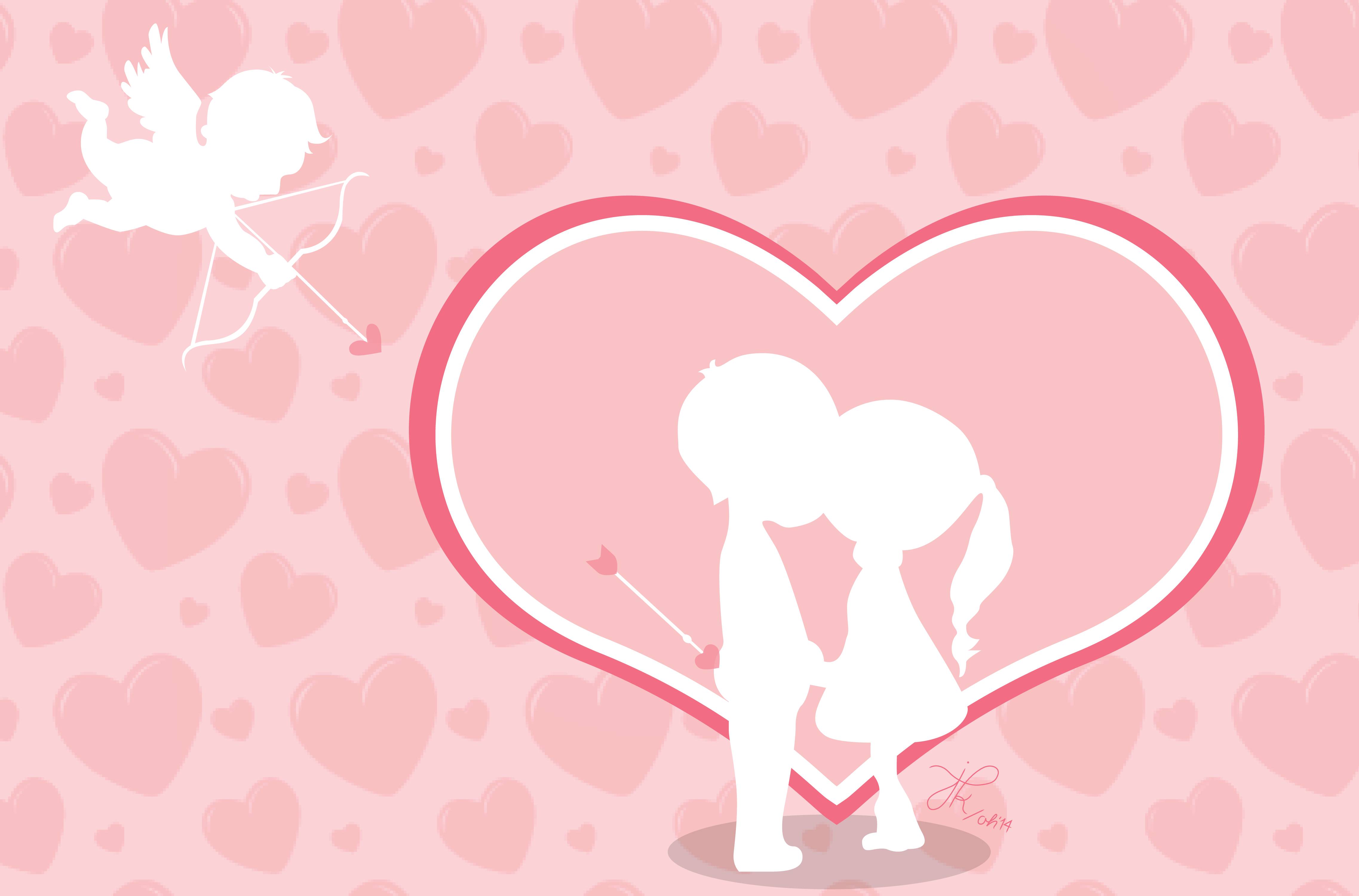Single or smitten, there’s a lot of love to go around
Valentine’s Day has come and gone, along with the usual suspects: bitter haters and self-obsessed lovers. What are you supposed to do if you don’t fall into either category? You could buy up boxes of discounted chocolate hearts and gorge yourself, but that’s what’s known as a bad decision. I’ve been there myself (don’t do it, even though it sounds like a great night).
I’ve got a better idea on what to do, and it starts with shifting our perspective on love. You’ve heard the calls for boycotting Valentine’s Day but I’m thinking bigger. Let’s burst the bounds of one day and spread all that love around, because there’s more of it than you may think.
When most people think of love they think of romance; the sexy, passionate love of HBO. Kisses, coitus, and cuddles (if you’re lucky) are what dominate the field of love today and that’s not bad in itself. What’s bad though, is the inordinate focus on one type of love: “Eros”.
In order to explore this weighty topic we’ll defer to the founders of Western Civilization, those ineffable ancient Greeks. To begin, we’ll start with the hungry ache of Eros because it’s what we know best (and think we want most).
According to A Greek-English Lexicon, Eros is the erotic love of romance, with all its smoulder and breathless sighs—the love that is most often envied. Eros is the drug that Valentine’s Day is pushing and buyers line up for their chance at a hit. But I’m not here to tear down romantic love, just to tell you that it has been cheapened and to warn you not to waste your time on the knockoff. Eros is all about enjoying a person, but far too often we simply want to enjoy ourselves, and our lover becomes the means to an end.
Next up is “Storge” and, yes, it sounds funny (like a stork in storage) but it’s also the reason you didn’t get hit by a bus when you were two years-old. Storge is the affectionate love of parents and children, brothers, and sisters. Storge possesses a durability that isn’t always present in Eros because we don’t choose our family. Ours being a time when choice is supreme, this familial love is often ignored because it is unavoidable; an obligation.
“Philia” is the love that grows out of proximity and circumstance; this is the love of study dates, man-hugs, and long talks—love, between friends. Philia begins with a common element like a prison cell, or stuffy lecture hall, and grows into friendships built around shared interests, cares, and concerns. Friendship is a wonderful thing, but what’s most interesting about Philia is its comparative uselessness.
Eros makes babies, Storge keeps them alive, but the Philia of a Starbucks heart-to-heart isn’t biologically essential. C. S. Lewis, the British writer and philosopher said: “Friendship is unnecessary, like philosophy, like art. It has no survival value; rather it is one of those things which give value to survival.” I’m inclined to agree.
The last of these Greek loves is “Agape”. This is love that expects nothing in return. Eros, Storge, and Philia can all reasonably expect a payoff, whether that be sex, gratitude, or simple companionship. Agape however, having never taken ECON 200, gives love away for free like a fool, with no conditions, priming itself for exploitation. Agape, with very good reason to not show love, does it anyway.
This isn’t the love of a loonie in a crumpled coffee cup, it’s the love that takes the homeless man out for coffee, listens, and still gives him a few bucks. Agape is a love that hasn’t heard of selfies.
Ok, that was a nice little word study but maybe you’re wondering what this has to do with Valentine’s Day. Well, first of all I wanted to prove a point: there’s more to love than a dozen red roses.
Also, I wanted to remind you that love is essential to humanity. We need a quiver full of heart-tipped arrows to make life happen, and to make it happen beautifully. This life demands a full-featured love.
Perhaps the oddest thing about Storge, Philia, and Agape are that they’re often unremarkable. No branding, no ensemble-cast movies, and no billion dollar industry to strip them of all decency. Eros has sold out, but we can buy it back and set it straight if we’re willing to take a risk on the real thing.
Lewis again gives eloquent guidance: “To love at all is to be vulnerable. Love anything and your heart will be wrung and possibly broken. If you want to make sure of keeping it intact you must give it to no one, not even an animal. Wrap it carefully round with hobbies and little luxuries; avoid all entanglements. Lock it up safe in the casket or coffin of your selfishness. But in that casket, safe, dark, motionless, airless, it will change. It will not be broken; it will become unbreakable, impenetrable, irredeemable. To love is to be vulnerable.”
Love makes us vulnerable because of the price we must expect to pay; not in dollar bills or shots, but in sacrifice. Love is never only for you, it’s for another person or else it’s not love.
Valentine’s Day is a great excuse to spread love of all varieties, because Eros doesn’t have a monopoly on love.
So here’s a challenge for you: buy those chocolate hearts, but give them to someone you don’t expect to put out. Don’t want to be commercial? No worries, it’s my understanding that moms still love cardboard hearts.
Now that Valentine’s Day has come and gone, remember that love is more than bodies. There is a love that protects, a love that shares, and a love that gives too much.
That—no, those—are love.
